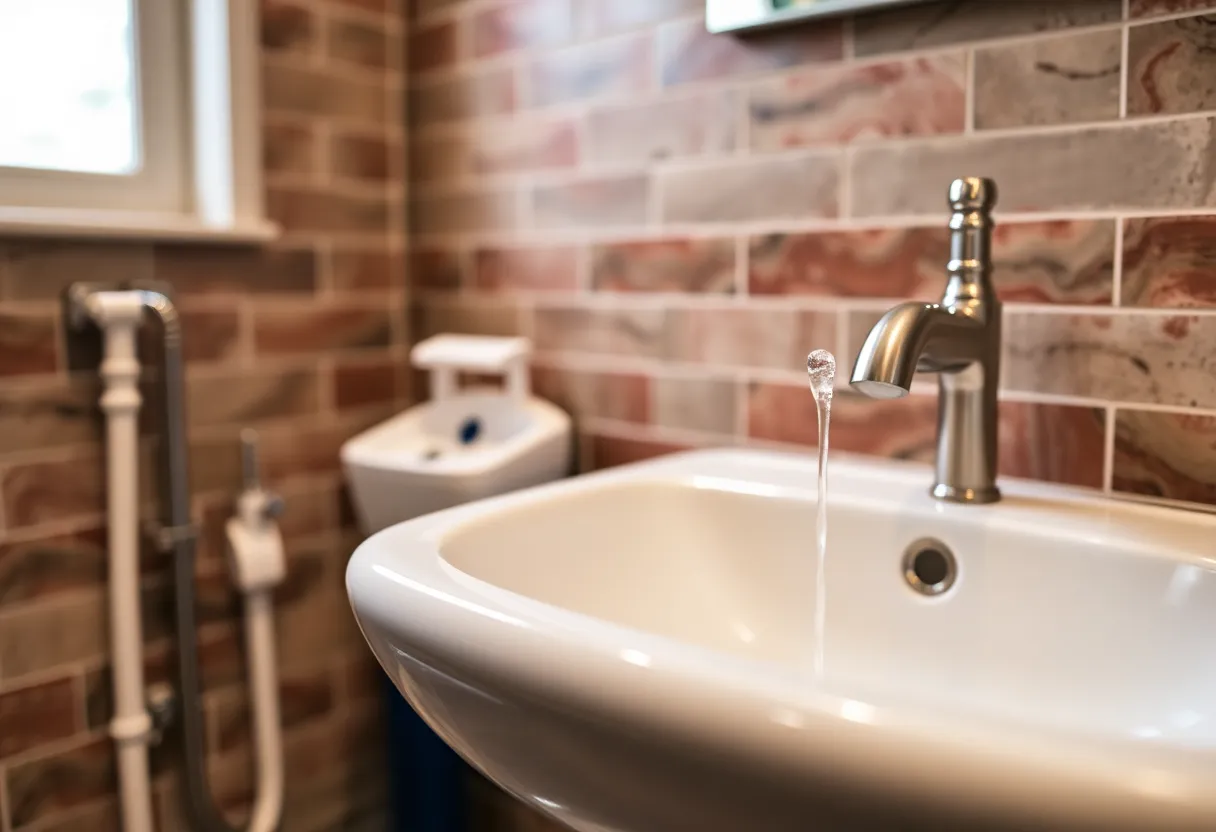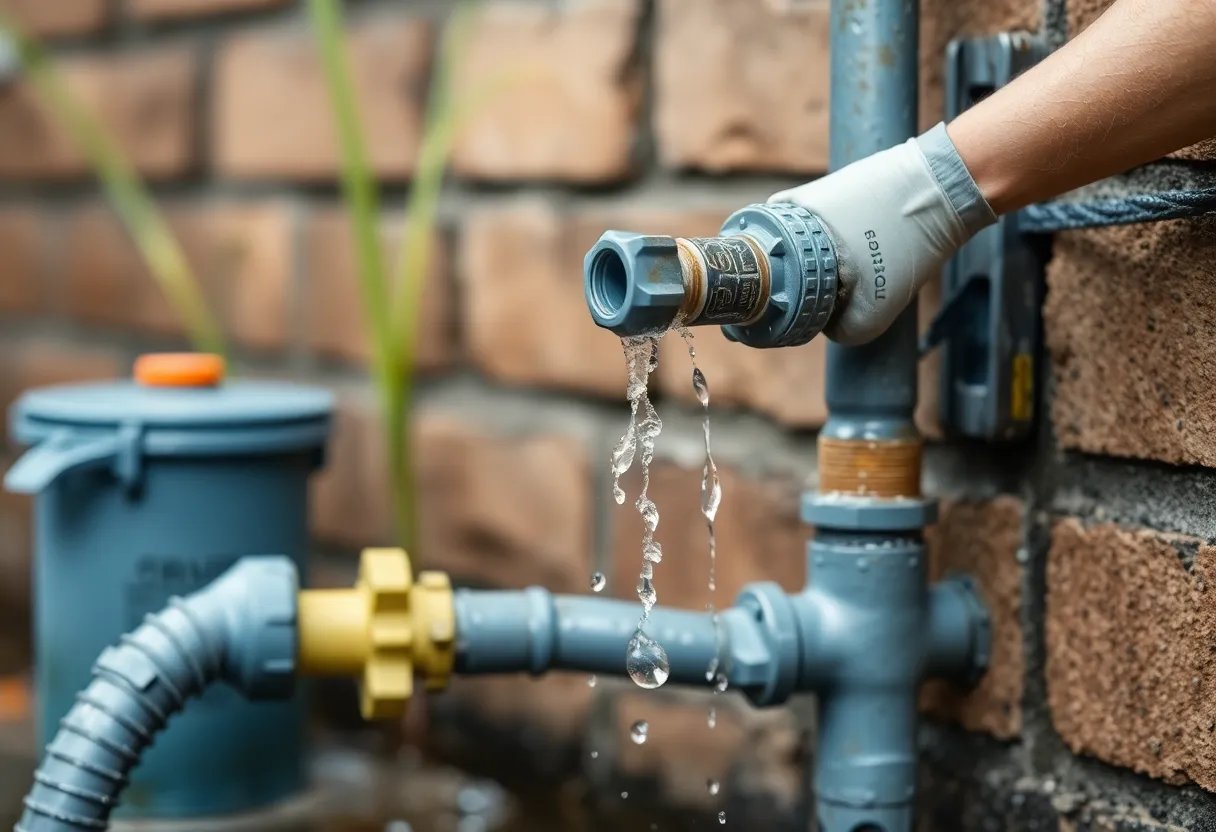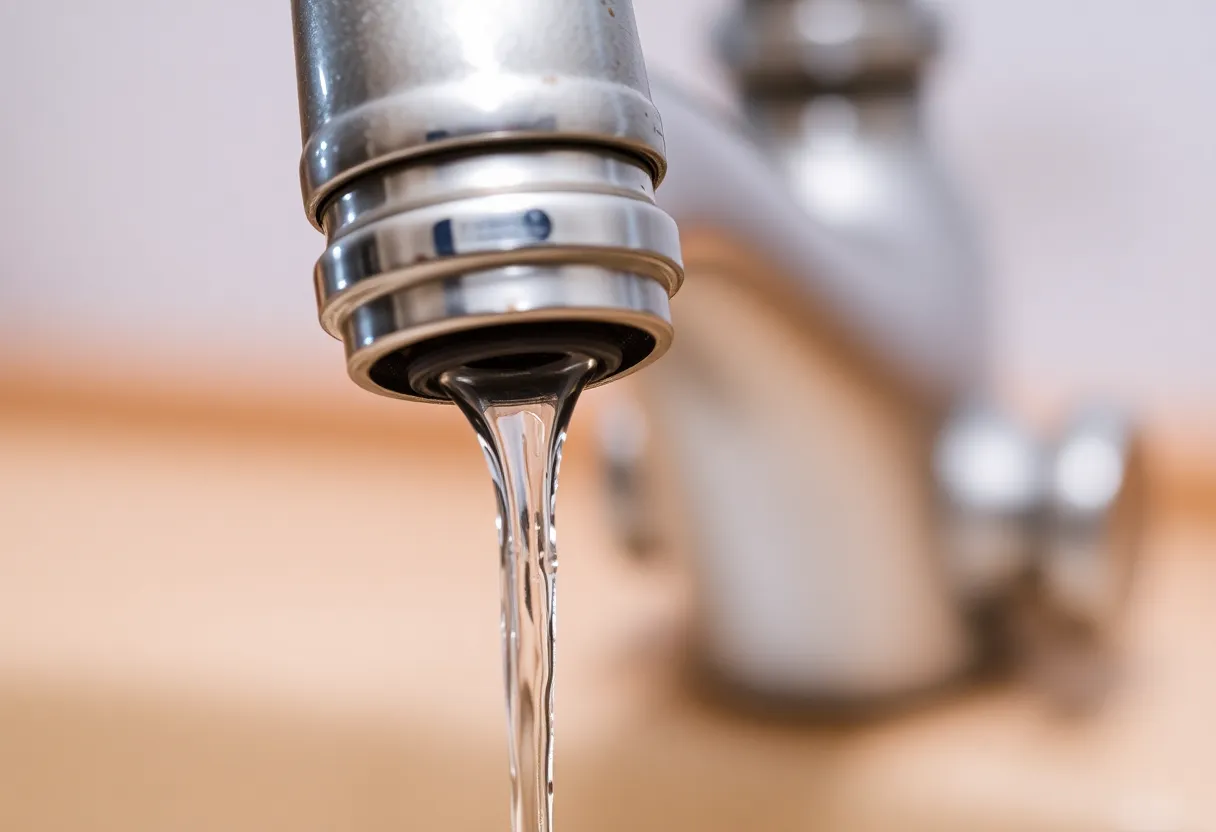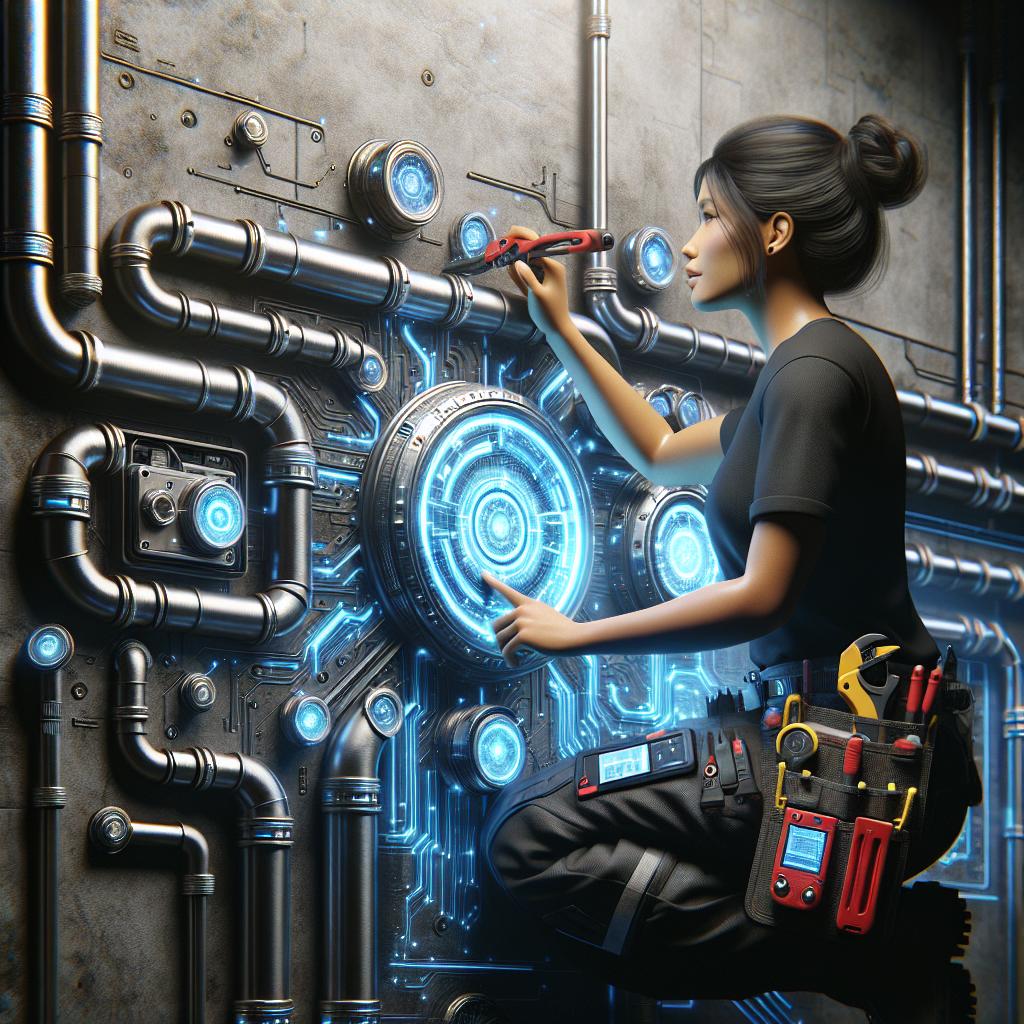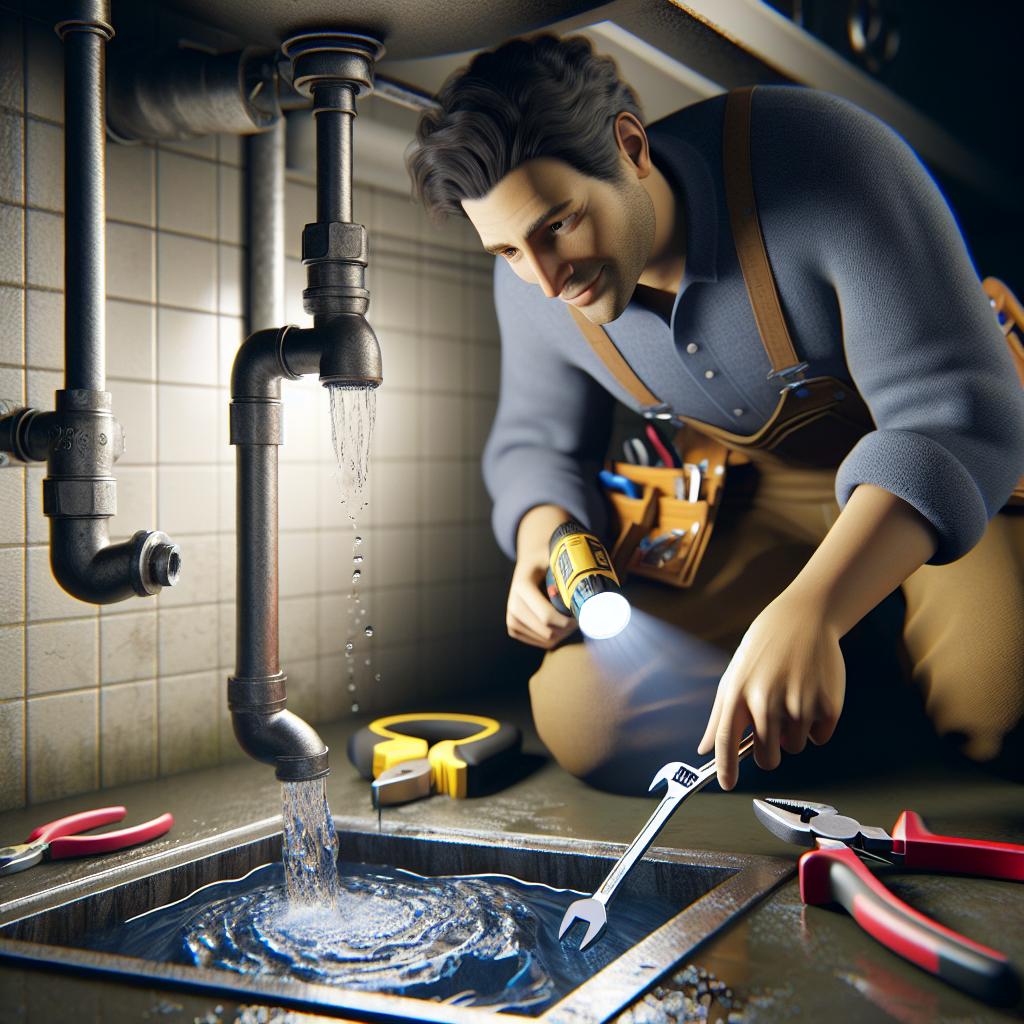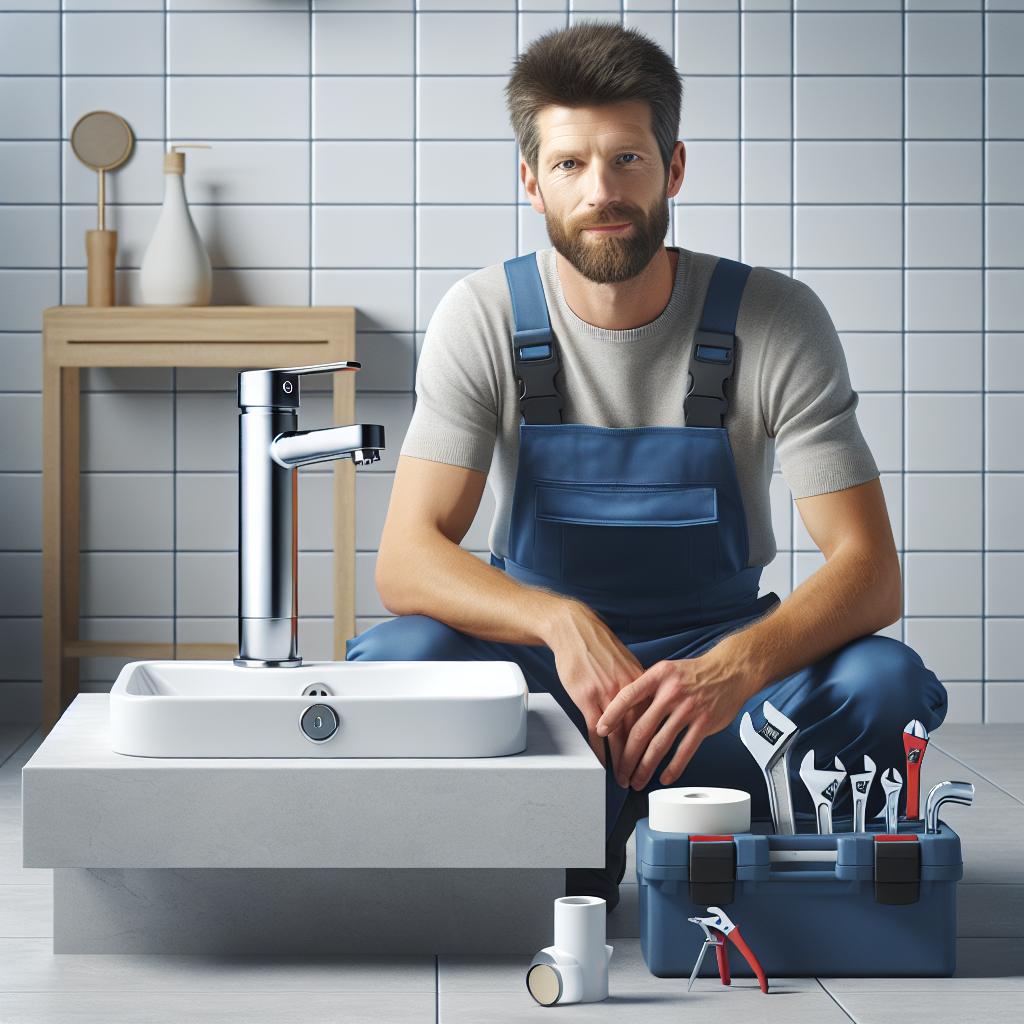The Plumbing Vision: 6 Groundbreaking Technologies Revolutionizing Modern Home Water Systems
The world of plumbing is undergoing a remarkable transformation thanks to innovative technologies that are not only enhancing the efficiency of home water systems but are also promoting sustainability and health. As the demands on our water resources continue to evolve, so too does the technology designed to manage, conserve, and purify water. This article explores six groundbreaking technologies that are revolutionizing modern home water systems, making them smarter, more efficient, and environmentally friendly.
1. Smart Water Meters
One of the most important advancements in home plumbing technology is the emergence of smart water meters. These devices provide homeowners with real-time data about their water usage, allowing them to monitor consumption, detect leaks, and manage their budgets more effectively.
The Benefits of Smart Water Meters
Smart water meters utilize advanced sensors and connectivity features to track water use with precision. The benefits include:
- Leak Detection: Automatic alerts notify homeowners of unusual spikes in water usage, potentially preventing costly damage.
- Usage History: Users can access detailed reports of their water usage patterns, helping them identify areas for potential savings.
- Remote Monitoring: Through smartphone applications, homeowners can check their water usage anytime, anywhere, leading to greater awareness and more responsible water consumption.
2. Greywater Recycling Systems
Greywater recycling systems are becoming increasingly popular for those looking to conserve water in an eco-friendly manner. Greywater, which is wastewater from sinks, showers, and washing machines (excluding toilets), can be treated and reused for irrigation and other non-potable applications.
The Components of Greywater Systems
These systems typically involve several key components:
- Collection Tanks: Used for gathering greywater from various sources in the home.
- Filtration Systems: Essential for removing contaminants to make greywater safe for irrigation.
- Pumping and Distribution Setup: Moves treated greywater to where it is needed, such as gardens or toilets.
Environmental Impact
Implementing greywater recycling systems can significantly reduce freshwater consumption and lower utility bills. They also promote sustainable practices by reusing water that would otherwise be wasted, making them an essential part of modern plumbing.
3. Tankless Water Heaters
Tankless water heaters, also known as on-demand water heaters, have transformed the way we think about hot water in our homes. Unlike traditional water heaters that store hot water in a tank, tankless models deliver hot water only when it is needed, improving energy efficiency and reducing operating costs.
How Tankless Water Heaters Work
These systems utilize high-powered burners that heat water on demand in seconds:
- Instant Hot Water: Homeowners no longer have to wait for a tank to fill up with hot water.
- Space Saving: Tankless heaters are compact and can be installed in smaller spaces, freeing up valuable real estate in homes.
- Longevity: These units typically last longer than traditional heaters, with an average lifespan of over 20 years.
Curbing Water Waste
With the capability to provide hot water on demand, tankless heaters also help minimize water waste typically incurred while waiting for hot water to reach the tap. This efficiency aligns with the growing emphasis on conservation in modern plumbing solutions.
4. Whole House Water Filtration Systems
Quality of water is essential for health, and whole house water filtration systems are designed to address this concern comprehensively. These systems filter water at the entry point, ensuring that every faucet in the home provides high-quality water.
Types of Filtration Techniques
Whole house filtration systems utilize various methods to purify water:
- Activated Carbon Filters: Effective for removing chlorine, volatile organic compounds (VOCs), and bad tastes.
- Reverse Osmosis: Provides advanced filtration to eliminate heavy metals, pesticides, and pathogens.
- UV Water Purifiers: Use ultraviolet light to kill bacteria and viruses in the water supply.
Advantages of Whole House Filtration
By installing these systems, homeowners can enjoy benefits such as:
- Improved Health: Cleaner water helps reduce exposure to harmful contaminants.
- Better Taste and Odor: Filters remove unpleasant tastes and smells from drinking and cooking water.
- Increased Appliance Longevity: Reduced mineral buildup means less wear and tear on plumbing and appliances.
5. Plumbing Leak Detection Technology
Leaks can cause significant damage to homes, making plumbing leak detection technology an invaluable innovation. These systems utilize advanced sensors and smart technology to detect leaks early, preventing catastrophic failures and costly repairs.
How Leak Detection Works
Leak detection systems often incorporate:
- Sensors: Placed in vulnerable areas, such as under sinks and around water heaters, to monitor moisture levels.
- Alerts: Homeowners receive immediate notifications via smartphone apps when leaks are detected.
- Automatic Shutoff Valves: Some systems can automatically turn off the water supply to prevent overflow and damage.
Cost Savings and Peace of Mind
The long-term savings from avoiding major water damage can far exceed the installation costs of these detection systems. Furthermore, the peace of mind they provide encourages responsible water management.
6. Smart Irrigation Systems
Smart irrigation systems represent a breakthrough in outdoor water management. These systems integrate smart technology to deliver just the right amount of water to plants, based on real-time weather conditions and soil moisture levels.
How Smart Irrigation Works
Key features of smart irrigation systems include:
- Weather-Based Controls: Systems that adjust watering schedules based on local weather forecasts.
- Soil Moisture Sensors: Sensors placed in the garden provide essential data about soil moisture, ensuring plants receive adequate hydration.
- Remote Access: Homeowners can control and monitor their irrigation systems via smartphone apps.
Environmental and Financial Benefits
Smart irrigation systems can lead to significant water conservation, reducing waste and promoting sustainable landscaping practices. They also lower water bills by ensuring that only needed amounts of water are used, making them a cost-effective choice for homeowners.
Conclusion
As we embrace *innovation* and the potential of technology in everyday life, the plumbing industry is stepping up with exciting advancements that benefit both homeowners and the environment. The six technologies discussed in this article—smart water meters, greywater recycling systems, tankless water heaters, whole house water filtration systems, leak detection technology, and smart irrigation systems—are just the beginning of a plumbing revolution.
These innovations not only promise to enhance our convenience and comfort but also reflect an ongoing commitment to sustainability and health. By adopting these cutting-edge solutions, homeowners can look forward to a future where resource management is not just practical but also responsible and forward-thinking. Staying informed about these technologies allows us to optimize our home water systems and contribute positively to the well-being of our planet.




